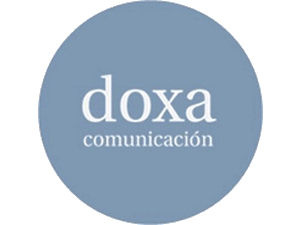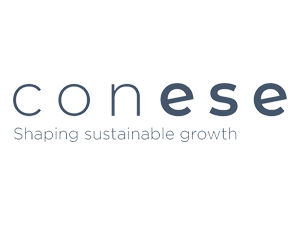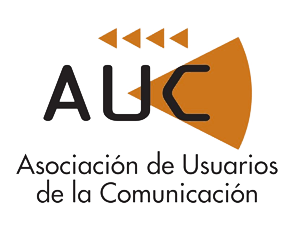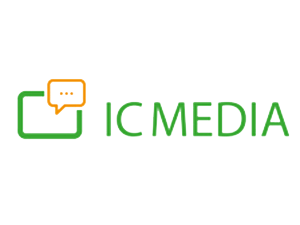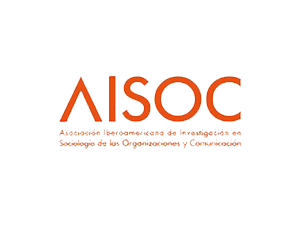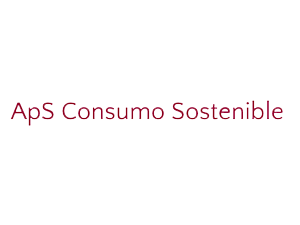Resumen
La Organización Mundial de la Salud (OMS) ha afirmado que la expansión del Covid-19 ha venido acompañada de una “infodemia masiva”, que dificulta distinguir qué noticias son ciertas dentro de la sobreabundancia informativa a la que la gente está expuesta (OMS, 2020). Actualmente, la investigación académica sobre noticias falsas y desinformación se centra, por un lado, en identificar los tipos de desinformación que más se difunden y a través de qué tipo de plataformas (Brennen et al., 2020; Nielsen et al., 2020; Alcott et al., 2019; Chadwick & Vaccari, 2018); y, por otro lado, en diagnosticar las principales causas que llevan a las personas a compartir las noticias falsas y a darles más credibilidad que a las informaciones que provienen de fuentes periodísticas u oficiales (Nekmat, 2020; Wagner & Bozckowski, 2019). Este proyecto pretende contribuir a ambas líneas de investigación y explorar hasta qué punto el consumo de información de medios periodísticos y de verificadores de información contribuye a mitigar los efectos de la desinformación en los usuarios de información on-line. El objetivo final es identificar hasta qué punto los usuarios han adquirido resiliencia ante la desinformación y si se ha producido un aprendizaje mediático tal que les proteja de futuras infodemias (Guess & Munger, 2020). Este estudio explora, en concreto, la interacción y evolución de distintas variables: a) los patrones de consumo de información on-line y de contenidos de entretenimiento de los usuarios de noticias; b) los niveles de evitación de noticias; c) la credibilidad que le dan a los distintos tipos de desinformación; d) los niveles de alfabetización mediática; y d) el uso que han hecho de los verificadores de información. Para ello, esta investigación se sirve de un novedoso planteamiento metodológico: la monitorización de la navegación de uno muestra de unos 700 usuarios a través de ordenadores y dispositivos móviles durante tres periodos a lo largo de 2020, 2021 y 2022, analizando así los años en los que la pandemia de la Covid-19 ha tenido lugar; la realización de encuestas al inicio y al final del periodo de monitorización a los mismos usuarios. De este modo, este proyecto retrata la evolución de los patrones de consumo de información y entretenimiento on-line mediante datos observados. Y, a través de datos reportados, el estudio analiza la evolución de la credibilidad que los usuarios dan a los distintos tipos de desinformación, así como de los niveles de alfabetización mediática que muestran los usuarios al inicio y final de la pandemia.
Palabras Clave / Alfabetización informacional / Consumo de noticias / Desinformación / Verificación
Abstract
The World Health Organization (WHO) has stated that the expansion of Covid-19 has been accompanied by a «mass infodemic», which makes it difficult to distinguish which news is true within the overabundance of information to which people are exposed (WHO, 2020). On the one hand, academic research on fake news and disinformation focuses on identifying the types of disinformation that are most widely spread and through what types of platforms (Brennen et al., 2020; Nielsen et al., 2020; Alcott et al., 2019; Chadwick & Vaccari, 2018); on the other hand, research analyses the main causes that lead people to share false news and to give it more credibility than information that comes from journalistic or official sources (Nekmat, 2020; Wagner & Bozckowski, 2019). This project aims to contribute to both lines of research. It explores to what extent the consumption of information from journalistic media and fact-checkers contributes to mitigating the effects of misinformation on users of online information. The ultimate goal is to identify to what extent users have acquired resilience to misinformation and whether news literacy has occurred such that it protects them from future infodemics (Guess & Munger, 2020). This study specifically explores the interaction and evolution of different variables: a) patterns of consumption of online information and entertainment content by news users; b) levels of news avoidance; c) credibility of different types of disinformation; d) levels of news literacy; and d) use of fact-checking sites. To do this, this research uses a novel methodological approach: tracking the navigation of a sample of about 700 users through desktop and mobile devices during three periods throughout 2020, 2021 and 2022, thus analyzing the years in those that the Covid-19 pandemic has taken place; conducting surveys at the beginning and at the end of the tracking period to the same users. In this way, this project portrays the evolution of online information and entertainment consumption patterns through observed data. And, through reported data, the study analyzes the evolution of the credibility that users give to the different types of disinformation, as well as the levels of news literacy that users show at the beginning and at the end of the pandemic.
Keywords / Disinformation / Fact-checking / News consumption / News literacy
FIRMANTES
| Nombre | Adscripción | Procedencia |
|---|---|---|
| María Victoria-Mas | Univesitat Abat Oliba CEU | Barcelona |
| Sílvia Majó-Vázquez | University of Oxford | Reino Unido |
| Ana Sofía Cardenal Izquierdo | Universitat Oberta de Catalunya | Barcelona |
| Ivan Lacasa-Mas | Universitat Internacional de Catalunya | Barcelona |







